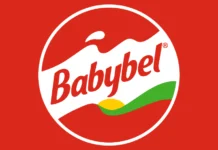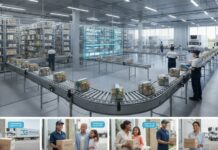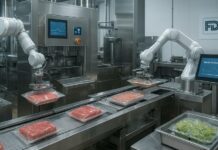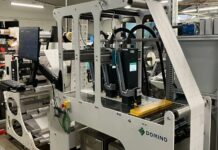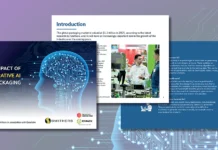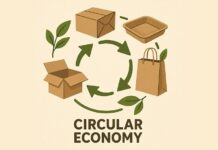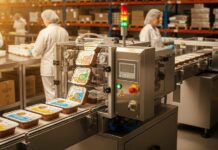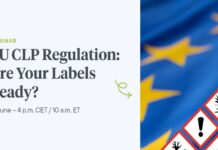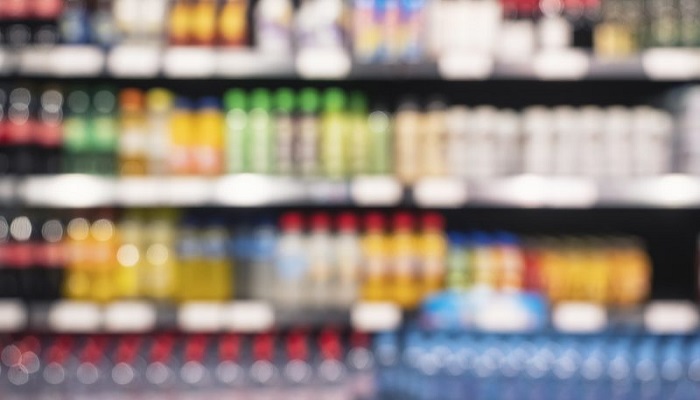Recent research has gone on to suggest that food and beverage companies are indeed poised to lessen plastic as a preferred packaging material.
The survey, led by Tetra Pak, has gone revealed that three out of five commitments which have been made by business leaders so as to address sustainability challenges go on to include reduction in plastic usage. The research went on to examine food and beverage manufacturers’ attitudes when it comes to sustainability, both now and in five years’ time.
Prominent catalyst
It is worth noting that half of the surveyed businesses pinpointed consumer demand as the main catalyst behind executing sustainable solutions. This happens to correlate with previous Tetra Pak research, which found out that the intention to buy within 74% of people would surge if the brand talked about topics concerning the environment. 42% of those same people happened to believe that an environmentally sound package indeed went on to justify a higher price.
Apparently, 77% of businesses went on to express their willingness to go ahead and accept cost-related trade-offs that happen to be linked with the implementation as far as sustainable manufacturing and processing solutions are concerned, in spite of the industry facing continuous macro-economic challenges.
The Growth
It has been observed that businesses’ focus when it comes to environmental impact happens to be seemingly at a tipping point due to the urgency to embrace the practices that decarbonize the planet’s food systems, which are anticipated to grow by 10% from 49% to 59% over the next five years.
When asked about how packaging and processing suppliers can go on to contribute, 65% of companies identified the significance when it comes to new product developments, thereby confirming the crucial role played by way of innovation.
Critical moment
The vice president of climate and biodiversity at Tetra Pak, Gilles Tisserand, remarked that the food and beverage sector happens to be at a critical moment, rethinking the way it does business in order to help address the climate emergency as well as dealing with the inevitable effect this has on their functions as well as solutions.
The fact is that they are looking to suppliers to enable them to thrive in a growingly competitive market, and that they remain committed when it comes to playing their part, keeping the innovation engine throttling in order to develop new research, collaborative ecosystems, and product offerings.
Tisserand adds that their innovation pathway happens to be driven through renewability and recyclability, thereby making sure decarbonization and circularity when it comes to materials and at the same time addressing the requirement when it comes to sustainable food packaging.
He further says that the fact is that one only needs to look at a scenario where they sold 46% more packages that were made with plant-based polymers in 2023 as compared to 2021 so as to see that the sector is indeed committed to change.




